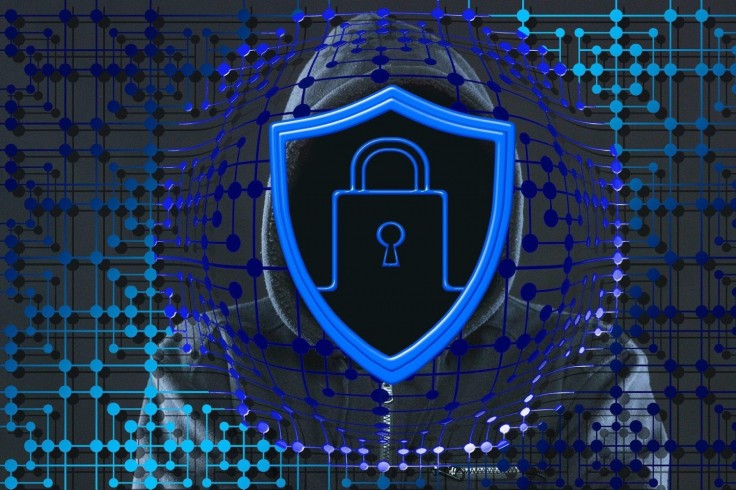
Your privacy is under threat. From sophisticated crooks to certain world governments, everyone wants a piece of your information. No company is safe. Social media giants such as Facebook, credit reporting agencies such as Equifax, and big banks such as Capital One are all recent victims of data breach attacks. Likewise, email accounts of journalists and activists are targeted by organizations with nefarious intentions.
Why Is Your Privacy Important?
Your privacy is important for a variety of reasons. Mined against your consent, your data is sold to companies to make money by most websites. Hackers that crack your defenses hold your data hostage through ransomware to blackmail you for money.
At the very least, your privacy is about trust, respect, and control of your digital footprint. No corporation or regime should snoop on you. Follow these five tips to develop a powerful digital shield around your online presence.
1. Secure Your Web Browsing
Defend your information from companies and websites by using a Virtual Private Network (VPN). This protects you by connecting you to the Internet through a private and secure network and masks your IP address. However, you must be wary of free VPN services and use the right VPN to stay safe and anonymous online.
Free VPNs are usually littered with malware such as ransomware, adware, and spyware designed to breach your privacy
Free VPNs make their money by secretly selling your priceless data
Free VPNs usually lack the technology to protect your privacy from external threats
On the other hand, a reputable VPN service will offer all the bells and whistles of privacy protection and secure your WiFi connection. For example, when you protect your privacy with Malwarebytes you use a VPN service that's fast, frictionless, secure, and puts you in control of your data with its state-of-the-art privacy technology.
2. Use the Best Cybersecurity Software
Malwarebytes also boasts an advanced version of antivirus software that defends you against a variety of threats. It's proactive, powerful, lean, fast, and perfectly complements the basic security systems of Windows, Mac, Chromebook, Android, and iOS by crushing any threats from malware, scammers, and system hijackers.
3. Use Complex Passwords
Experienced hackers use sophisticated techniques such as dictionary and brute force attacks to crack into your important accounts. A complex password can thwart such aggression. Avoid setting passwords with sequential numbers or letters such as "123456" or "qwerty". Likewise, avoid obvious passwords such as "password".
Set a long password and mix up upper-case and lower-case letters with numbers and symbols for the best combination. Use a good password manager for extra help.
4. Adjust Your Privacy Settings
Be cautious on social media. Never share personal data such as your address or phone number online. This information can be used against you. Adjust your privacy settings so that your information is only visible to your trusted friends.
5. Protect Your Financial Information
Don't save your financial data like credit card information or payment addresses on websites. Remove any saved information. If one such website is hacked, your identity will be quickly listed for sale on the Dark Web.
Although hackers have developed advanced ways to breach your privacy, you're not defenseless. The best VPN and antivirus software coupled with smart Internet habits can make you nearly impervious online.